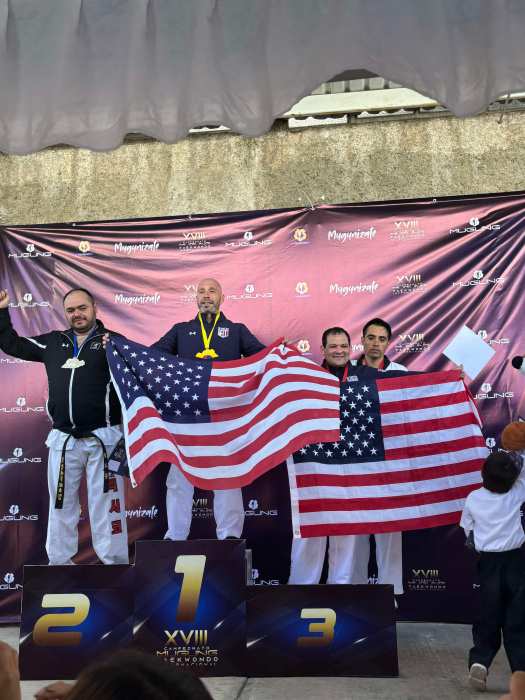By Kenneth Kowald
Even though we are now in the second decade of the 21st century, my thoughts are going back centuries and perhaps millennia. They are thoughts about war.
Wars never end, do they?
I had very good teachers at Newtown High School who taught us American and world history. As readers know, I am something of a “history buff,” and always have been, it seems. In elementary school, I would devour history books like I did novels later on.
One of the “great war” periods that has always intrigued me is the Thirty Years War, 1618-1648. There were so many twists and turns in these events that the mind begins to boggle. However, the basic contests — supposedly — were about religion. It was Protestants vs. Roman Catholics. At least it was most of the time, or so they claimed.
I think many would agree that money and power were really more important.
It involved emperors, kings, princes, dukes, counts, earls. You name them, petty or grand. Men and women, whether free or not, had to conform to the religious position of their lords. That could change very easily during those 30 years. If you wanted to live, you changed with them.
After all, in the late 16th century, Henry IV assumed the throne of France. He was of royal blood, but had been a Protestant. He is reputed to have said, “Paris is worth the Mass.” To his credit, he did try to bring some semblance of religious tolerance during his reign. You get the picture.
The Thirty Years War devastated most of Central Europe from North to South. It took decades and centuries before any idea of peace could be kept.
It seems it has always been that way. If you study the Crusades enough, you may agree with many historians who find that power and economics played a larger role than religious conviction in these horrible enterprises.
Even our Civil War (or War Between the States, as the rebels had it) was about property (slaves) and power.
List the conflict and behind it, I believe, you will find not “ideals” but business deals, on a terrifying scale, of course.
And so it goes, even today, when we fight “wars” against nations and non-nations, we begin to practice the very things about our enemies that we claim to abhor.
I was taught that torture is a terrible thing. I have seen the machines of medieval and modern torture. I have read about them. I have seen them depicted on the stage, the screen and in the opera house.
These are actions, I was taught, that America condemned. We stood as a beacon of enlightenment against such things. We fought and died and were wounded in battles to end such atrocities.
It could never happen here.
But it did, as we know from a report of the Senate about the use by the United States of tools of torture. To what purpose? For the safety of the country, we are told. Such terrible acts elicited information that we could use to protect ourselves, we were told. Really? The facts prove otherwise. History proves otherwise.
In his majestic play, “St. Joan,” the visionary girl speaks to her captors of the tortures inflicted on her. She would say anything to have them end, she said. She would change her story as the torturers wished, she said. Anything they wanted — lies, all of them — if only the torture would end.
Joan was condemned and burned on May 30, 1431. She was declared a saint in 1920. Shaw’s devastating work appeared first in New York in 1923.
In the sixth scene, Joan says this to her accusers: “If you tear me limb from limb until you separate my soul from my body you will get nothing out of me beyond what I have told you. What more is there to tell that you could understand? Besides, I cannot bear to be hurt; and if you hurt me I will say anything you like to stop the pain. But I will take it all back afterwards; so what is the use of it?”
A great American (with whom I often disagree) in a speech on the Senate floor on Dec. 9, after the damning report was published, stood and denounced torture and its “benefits.” That he did so forcefully and well is a credit to a hero who served his country and suffered for it. He is Sen. John McCain.
Read what he has to say in its entirety. You can find it easily on the internet. His words make me proud — once more — that I live in a country which can produce such people. Even if I disagree with him next time.
Then read what a former vice president says to support the torture he so happily embraced. To be ashamed of such a man is an honor which I embrace.
Pogo may have said it best, back in 1970: “We have met the enemy and it is us.” But it does not have to be and it should not be.
I do not like to make ad hominem comments, but in this case, I must make an exception.
Compare the military records of John McCain and that vice president whose name I refuse to mention in the same sentence with John McCain’s.
One served faithfully and suffered humility and degradation in an enemy jail for years. In his speech Dec. 9, he noted that even in the worst of times, “we are always Americans, and different, stronger, and better than those who would destroy us.”
The other got four draft deferments because he had “more important things to do,” and then got a fifth because he had become a father.
I hope that in future years, Americans will remember Sen. John McCain, who Dec. 9, 2014, spoke so forcefully and well for the ideals America claims to cherish.
And may the man who called the Senate report “crap” fade from our memory as he negotiates the lowest ring of Dante’s Inferno. He will find many of his friends and cronies there. As well as the minions who served him in his defense of the indefensible.
I feel I cannot leave this blog on too much of a negative note.
In his memorable speech accepting the 1950 Nobel Prize in Literature, William Faulkner (a great favorite of mine for years) said this: “I believe that man will not merely endure: He will prevail. He is immortal, not because he alone among creatures has an inexhaustible voice, but because he has a soul and a spirit capable of compassion and sacrifice and endurance.”




































